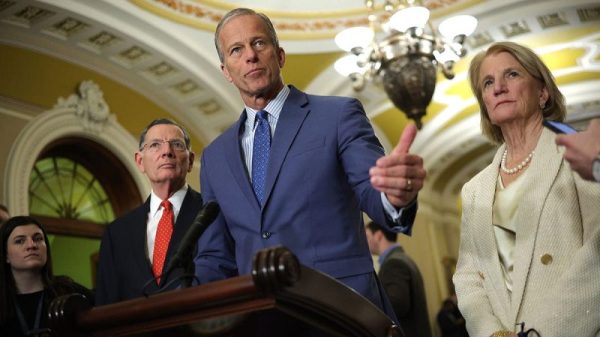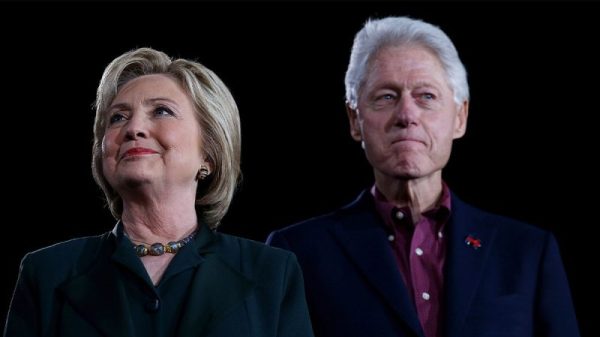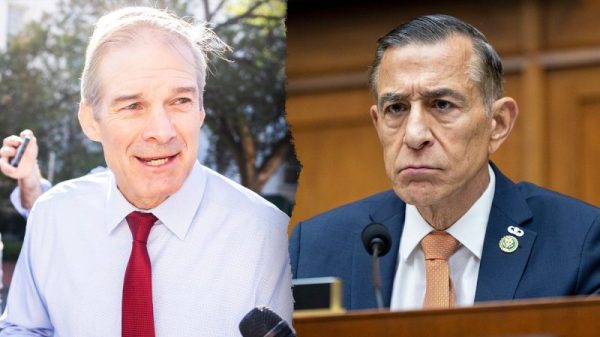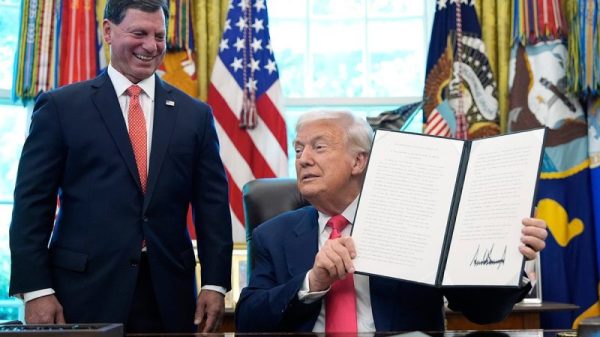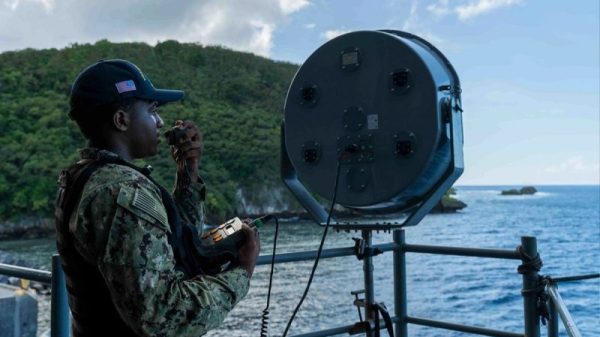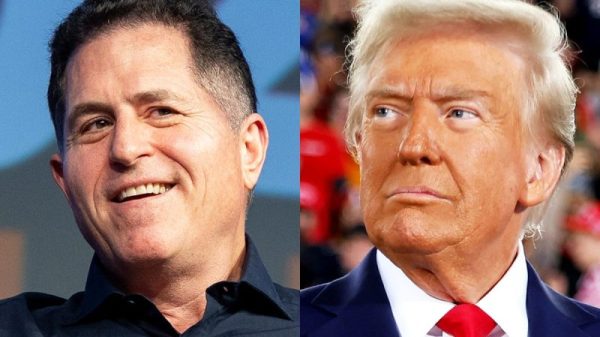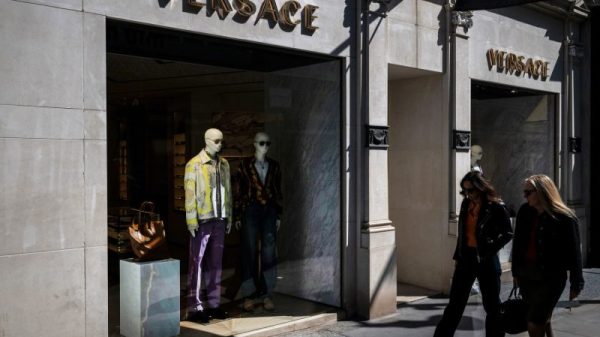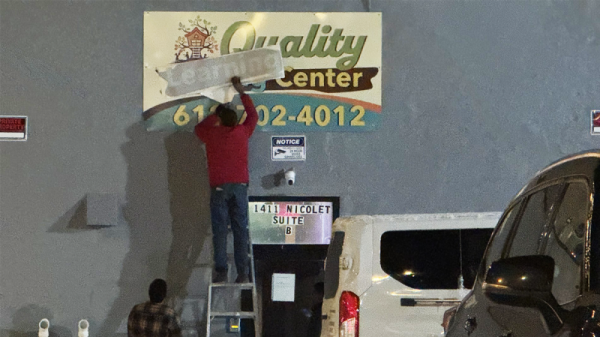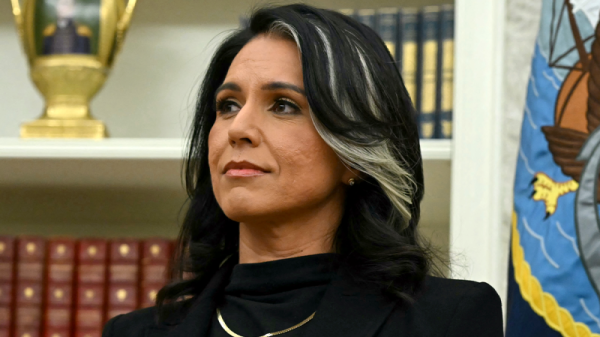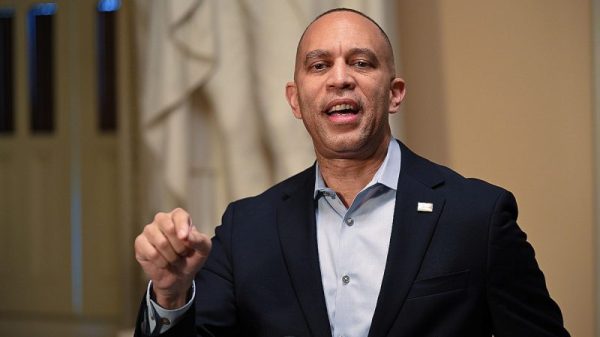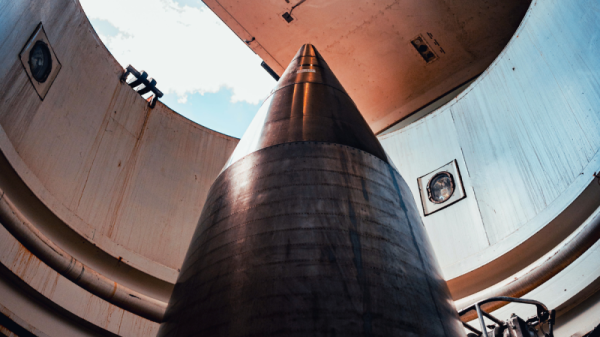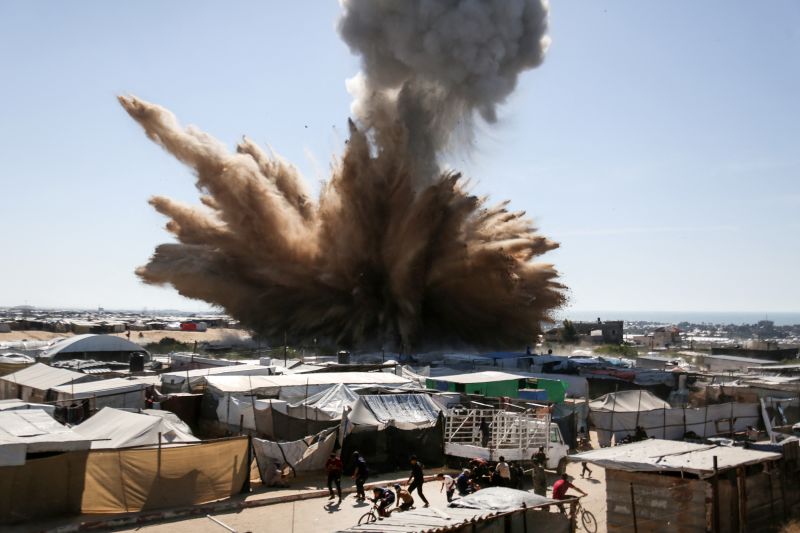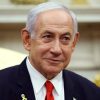A senior Hamas delegation arrived in Cairo early Saturday for talks with Egyptian officials aimed at brokering a ceasefire agreement, according to a statement by Hamas.
The delegation, led by Chairman of the Hamas Leadership Council Muhammad Darwish, includes other key leaders, among them Khaled Meshaal, Khalil al-Hayya, Zaher Jabarin, and Eng. Nizar Awadallah.
“The delegation began meetings with Egyptian officials to discuss Hamas’s vision for a ceasefire and an end to the war and a prisoner exchange based on a comprehensive deal,” Hamas said in the written statement on Saturday.
According to the statement, the talks will also address the impact of what Hamas describes as Israel’s “starvation tactics” against Palestinians in Gaza and the urgent need to deliver humanitarian aid, food, and medical supplies to the besieged territory. Israel imposed a complete humanitarian blockade on Gaza on March 2, stopping food, medicine, and more from entering the besieged enclave.
“Israel only reacts to offers passed on by the mediators,” the source said.
The head of Mossad, David Barnea, was in Doha, Qatar, earlier this week, for ceasefire talks. So far, there has been no clear indication of a significant breakthrough.
On Friday, US President Donald Trump said he had told Israeli Prime Minister Benjamin Netanyahu, “We’ve got to be good to Gaza.” Taking questions on the way to Italy, Trump said, “there’s a very big need for medicine, food and medicine. We’re taking care of it.”
The president, whose administration has unapologetically backed Israel, offered no details about what steps the US was taking to allow humanitarian aid into Gaza.
“The coming days are going to be critical,” said Jonathan Whitall on Saturday from the UN Office for the Coordination of Humanitarian Affairs in Gaza. “Today, people are not surviving in Gaza. Those that aren’t being killed by bombs and bullets are slowly dying.” One day earlier, the World Food Programme said it had run out food stocks in Gaza.
Netanyahu and other Israeli officials have made clear that the humanitarian blockade is part of a pressure campaign against Hamas, along with Israel’s increased bombardment of Gaza in order to destroy Hamas and bring back the remaining 59 Israeli hostages.
Earlier this month, Israel put forward a ceasefire proposal that called for a disarmament of Gaza without guaranteeing an end to the war, which violates two of Hamas’ red lines.
Since Israeli resumed its war in Gaza on March 18, more than 2,111 Palestinians have been killed, according to the Palestinian Ministry of Health.

